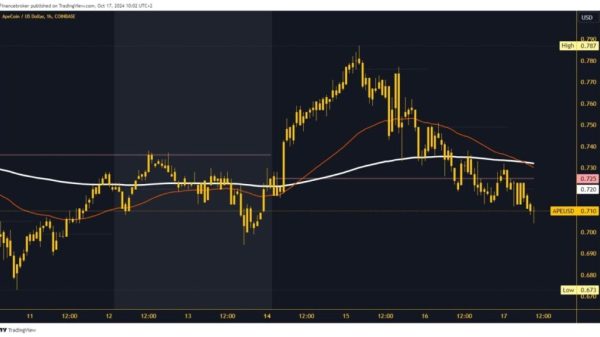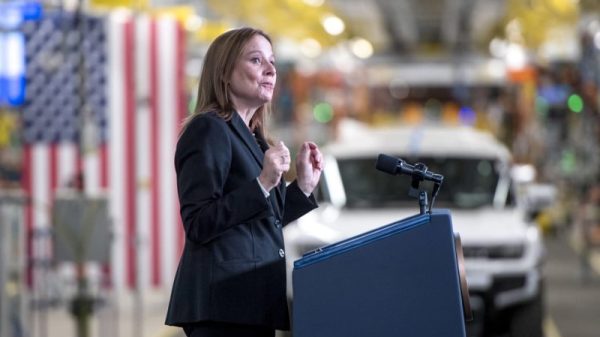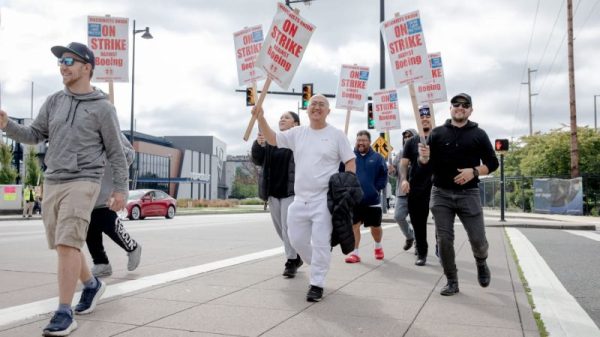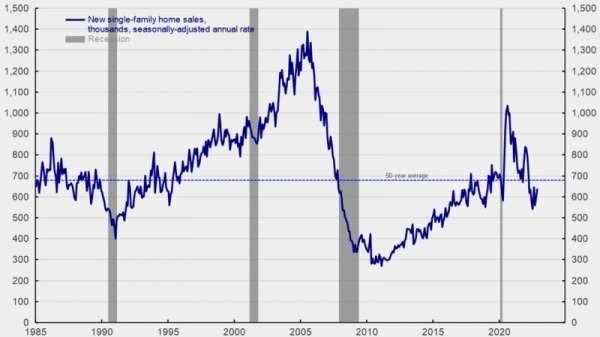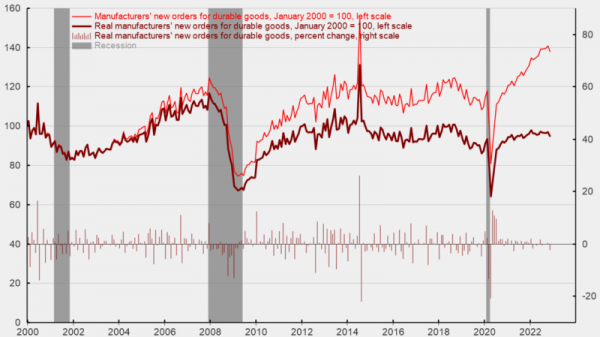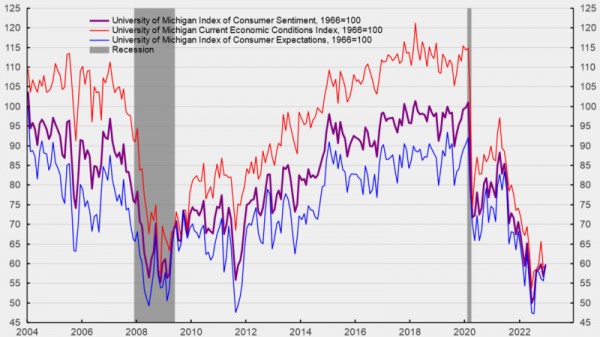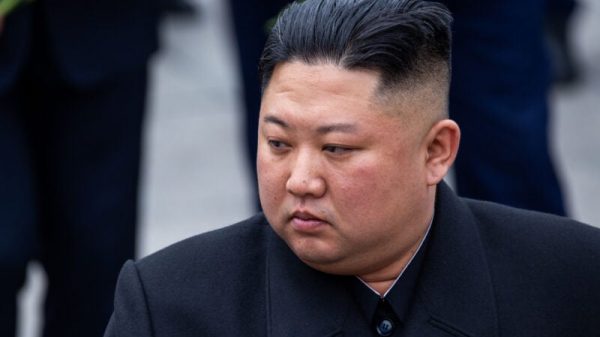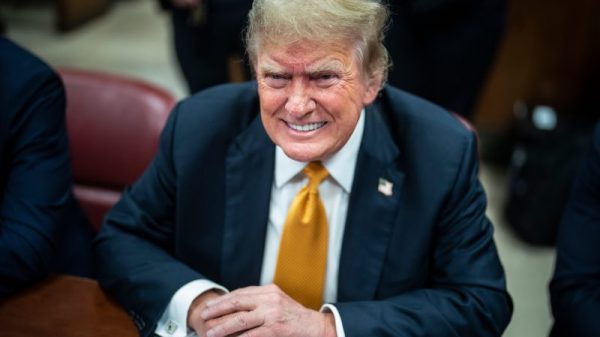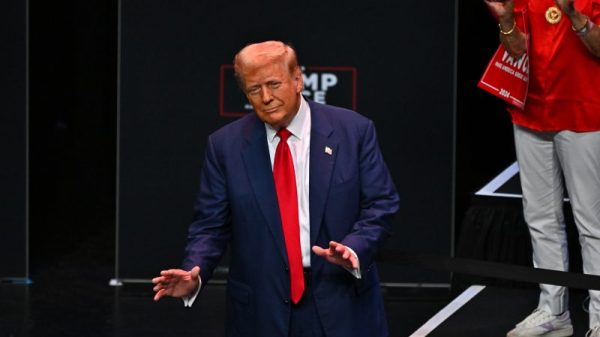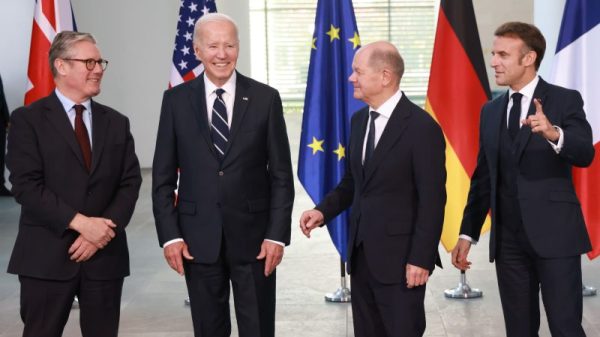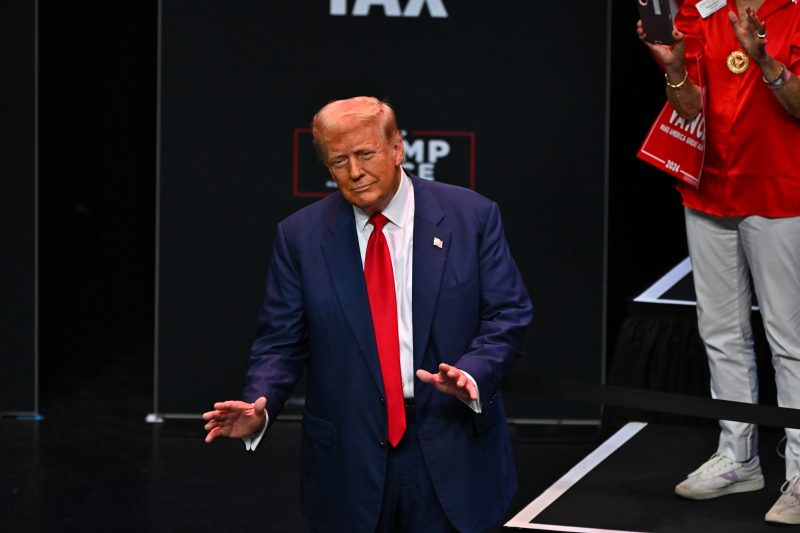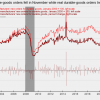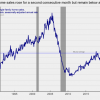During his campaign for a second term, former president Donald Trump has proposed a string of tax giveaways: He has suggested “no tax on tips,” an idea he said he heard from a waitress in Nevada. He has declared that no one, regardless of income, should have to pay taxes on Social Security benefits or income earned working overtime hours.
Most recently, he called for making car-loan interest payments tax-deductible and said he doesn’t want Americans living abroad to pay U.S. taxes.
The slew of proposals have been popular with his supporters, and in some cases resonated outside Trump’s political base: Vice President Kamala Harris has followed Trump in supporting a more limited tax exemption for tips.
But Trump’s ideas add up to a version of tax policy that offers little in the way of a coherent, overarching vision — especially in the eyes of conservative tax policy experts who had hoped that a second Trump administration would bring a complete overhaul of the American income tax structure.
“Trump has come up with these himself,” said Stephen Moore, a Trump economic adviser and Heritage Foundation fellow who said he and others crafting tax plans have sometimes been surprised to hear the candidate announce ideas they never heard about.
“Look, he’s the candidate. If he wins, he’s going to be the president. We’re all just advisers. … But he is a businessman and he does know how the economy works.”
Despite Trump’s promotion of rewards and tax breaks for certain groups, Moore and another Heritage fellow, David Burton, said they think some ideas floated among conservatives — such as reducing the number of income tax brackets to just two — might still be on the table in a future Trump administration, if Republicans in Congress favor simplifying the tax code and Trump gets behind their plans.
“I think what you’re going to see if Trump wins in 2025 is a wholesale review of the whole tax system,” Moore said. “It will be one of those once-in-a-generation opportunities to potentially really clean out the whole tax system.”
If implemented, some of Trump’s ideas could have significant impact on the federal government’s finances. The Yale Budget Lab has estimated the cost of making car-loan interest deductible at up to $173 billion over 10 years, of not taxing tips at $107 billion over a decade, and of not taxing overtime at $866 billion over a decade. The Committee for a Responsible Federal Budget says that not taxing Social Security benefits would cost even more — more than $1.6 trillion over the next decade.
Trump has also pledged to extend the tax cuts he oversaw in 2017, many of which are set to expire in 2025. Keeping that promise could mean giving up trillions in federal revenue, which could also appeal to conservatives who have long argued for shrinking the size of the U.S. government.
But Trump’s campaign trail rhetoric leaves some conservatives questioning whether broad reform of the tax system would ever be a goal under his administration.
“You might call it an exemption approach, a targeted approach or a populist approach,” Tax Foundation vice president William McBride said of Trump’s promises. “Tax reform, in general, means to go back and remove all of these types of special preferences and exemptions … so this is really going in the opposite direction of what is commonly understood to be fundamental tax reform. I can’t say I’m a fan of it.”
Others said Trump might run on popular sound bites but endorse conservatives’ broader plans if they get through Congress. “I do think these one-off proposals just reflect him campaigning,” American Enterprise Institute tax researcher Kyle Pomerleau said. “He would be willing to put his name on a large piece of legislation that reforms the tax code.”
Moore and Burton are two of the authors of a chapter on how to remake the tax system in the 900-page policy book compiled by the Heritage Foundation-led Project 2025. Trump has disavowed that effort, but Burton described the Project 2025 goal as nothing more than “fairly conventional long-standing conservative and pro-market tax policy.” Their chapter called for flattening tax brackets in the near future, which would raise taxes on low-income earners and reduce them for the rich. In the long run, the authors wrote, the United States should replace income taxes altogether with a tax on spending.
“In principle, we would like to have a tax base that’s loophole-free and that leads to less distortions and enables lower tax rates,” said Burton, who is not advising Trump’s campaign.
Trump’s ideas have veered away from the principles that experts have tried to advance for tax reform, said Brett House, an economics professor at Columbia Business School. “It’s not really clear what the overarching goal would be of the proposals, beyond a sprinkling of really-hard-to-justify carve-outs that create false distinctions between one type of income and another,” he said. “They’re the kind of proposals that sound casually appealing … but what they could end up doing is massively increasing inequality and creating big loopholes for high-income earners.”
In some cases, Trump is directly contradicting his own prior policies — such as the question of capping deductions for state and local taxes. Trump’s 2017 law capped such deductions at $10,000, and some Republicans have called for allowing no SALT deductions at all. Recently, Trump said the opposite: He would favor renewing unlimited SALT deductions.
“Eventually, with a good tax system, you want a broad tax base and a low tax rate. That’s one of the basic principles,” Moore said, admitting that while he likes some of Trump’s specific campaign-trail ideas, Trump seems to be moving in the opposite direction. “I don’t know the answer to this: Is Congress in the mood for doing smaller things like Trump is talking about which are helping isolated groups? Or will President Trump, if he gets reelected, go for the gold and go for a rewrite of the whole tax system consolidating the brackets and lowering the rates?”


